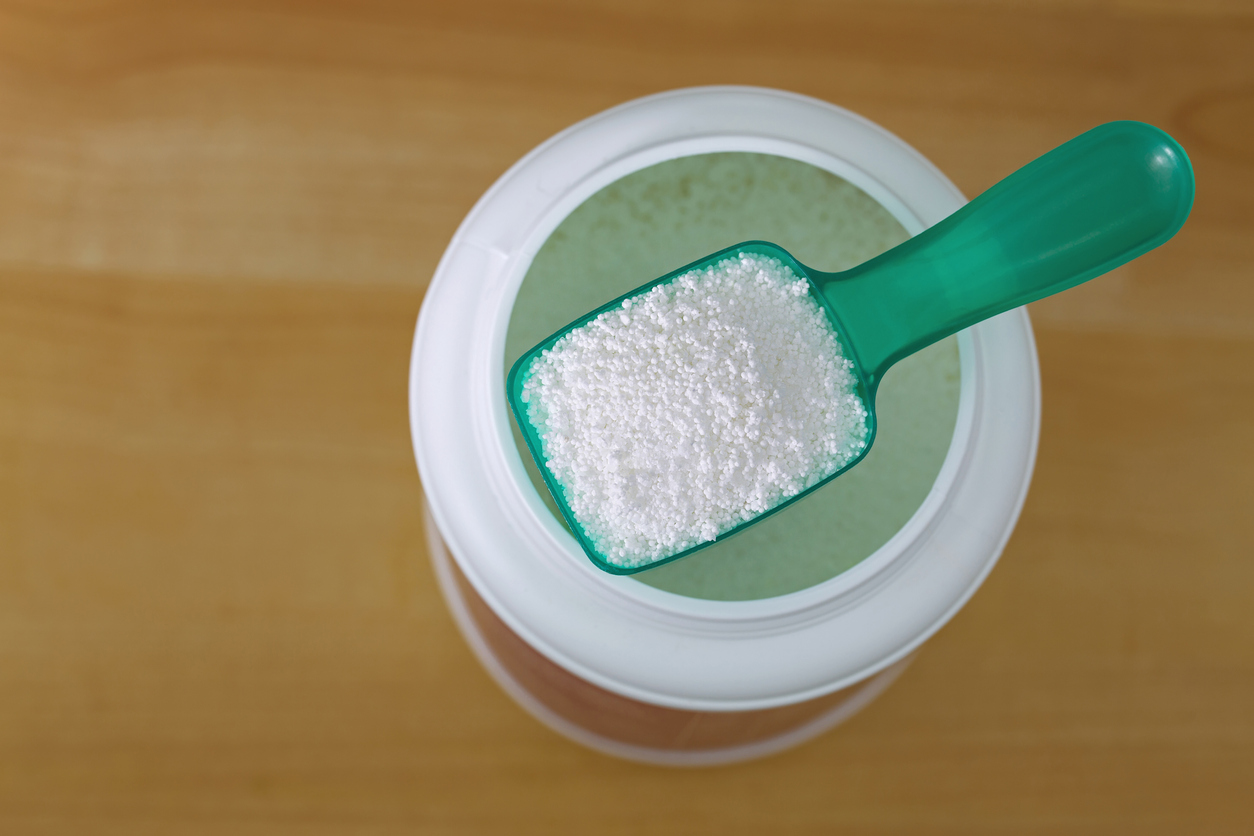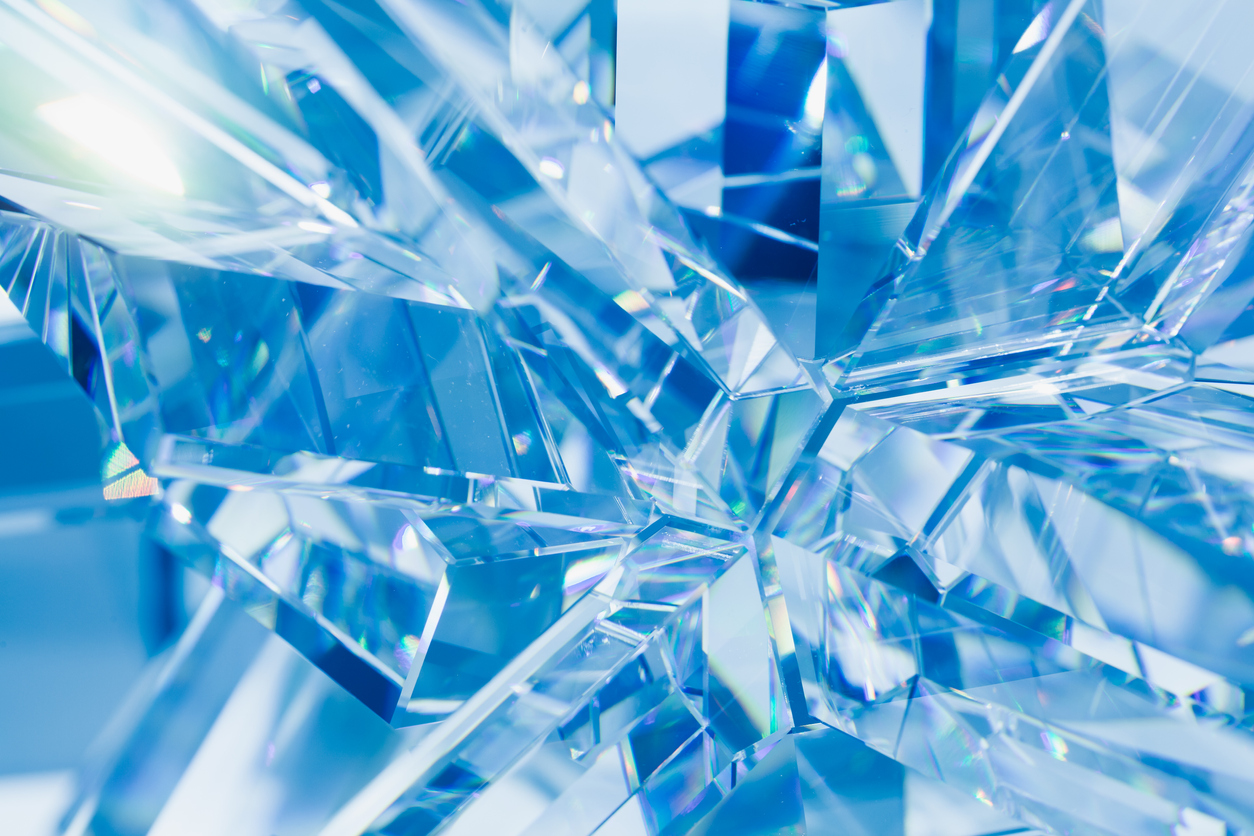Exploring the Properties and Uses of Soda Ash Light/Dense in Various Industries
Exploring the Properties and Uses of Soda Ash Light/Dense in Various Industries
Welcome to our fascinating deep dive into the incredible world of soda ash light/dense! From glass manufacturing to water treatment, this versatile compound plays a crucial role in countless industries worldwide. In this blog post, we will unravel the properties and uncover the diverse applications of soda ash light/dense, shedding light on its indispensable presence in our everyday lives. So grab your goggles and join us as we embark on an exciting exploration of this extraordinary substance that truly knows no bounds!
Introduction to Soda Ash Light/Dense
Soda ash, also known as sodium carbonate, is a versatile inorganic compound that plays a crucial role in various industries. It is available in two forms – light and dense – which have different properties and uses. In this section, we will provide an introduction to soda ash light/dense and explore its unique characteristics.
Soda ash light, also known as soda ash dense or natural soda ash, is a white powder with a chemical formula of Na2CO3. It is produced by the Solvay process, where salt brine (NaCl) and limestone (CaCO3) are combined to produce sodium carbonate. The resulting product has an average particle size of 150 microns and a bulk density of approximately 0.5 g/cm3.
On the other hand, soda ash dense, also called synthetic soda ash or heavy soda ash, is manufactured through the Solvay process by using ammonia instead of salt brine. This results in larger particles with an average size of 500 microns and a higher bulk density of around 1 g/cm3.
The main difference between these two forms lies in their physical properties. Soda ash light has smaller particles that are easier to dissolve than those of dense soda ash. This makes it ideal for applications that require quick dissolution such as water treatment and detergent production.
On the other hand, due to its larger particle size and higher bulk density, soda ash dense has better flowability compared to light soda ash.
What is Soda Ash and How is it Produced?
Soda ash, also known as sodium carbonate, is a versatile chemical compound that has a wide range of uses in various industries. It is produced through the Solvay process, which was developed by Ernest Solvay in the 19th century. This process involves treating common salt (sodium chloride) with ammonia and carbon dioxide to produce soda ash.
The Solvay process can be broken down into several steps, starting with the reaction between ammonia and brine (a concentrated solution of sodium chloride). This reaction produces ammonium chloride, which is then filtered out from the solution. The remaining liquid is heated and treated with limestone (calcium carbonate), resulting in the formation of calcium chloride and sodium hydroxide.
Next, carbon dioxide is introduced into the solution to precipitate out calcium carbonate. This precipitate is then separated from the solution using filters. The remaining solution contains mainly sodium hydroxide and some impurities such as iron oxide and organic compounds.
In order to remove these impurities, lime (calcium oxide) or soda ash itself can be added to further purify the solution. Once purified, the solution undergoes an evaporation process to concentrate it until crystals of soda ash form. These crystals are then dried and packaged for commercial use.
Properties of Soda Ash Light/Dense
Properties of Soda Ash Light/Dense:
Soda ash, also known as sodium carbonate, is a versatile chemical compound that has a wide range of properties and applications. It is available in two main forms: soda ash light and soda ash dense. Both forms have similar chemical compositions, but they differ in their physical properties and uses.
1. Physical Properties:
a) Soda Ash Light:
– Also referred to as “light” or “refined”, this form of soda ash has a white, powdery appearance.
– It is produced by treating natural trona or sodium carbonate-rich brines with carbon dioxide (CO2).
– The resulting product has an average bulk density of about 0.5 g/cm3.
– It dissolves easily in water and has a pH level of around 11-12.
b) Soda Ash Dense:
– Known as “dense” or “heavy”, this type of soda ash is denser than the light form.
– It appears as small granules or crystals and may have a grayish tint.
– The production process involves processing the natural mineral trona with ammonia and CO2.
– Its bulk density ranges from 0.9 to 1.1 g/cm3.
– Like light soda ash, it readily dissolves in water but has a slightly higher pH level of approximately 12.
Common Uses of Soda Ash in Various Industries (such as glass, detergent, pulp and paper)
Soda ash, also known as sodium carbonate, is a versatile chemical compound that has numerous applications in different industries. Its unique properties make it an essential ingredient in the production of various products such as glass, detergents, pulp and paper. In this section, we will explore the common uses of soda ash in these industries and how its properties contribute to their production processes.
1. Glass Industry:
One of the most significant uses of soda ash is in the glass industry. It is used as a fluxing agent to lower the melting point of silica sand during the manufacturing process of glass. This results in energy savings and faster production rates. Moreover, soda ash also helps to reduce defects such as bubbles or streaks in the final product by promoting even melting and better homogeneity.
Another crucial role that soda ash plays in the glass industry is its ability to increase the durability and strength of glass products. When added to molten glass, it reacts with calcium oxide present in silica sand to form a network of sodium-calcium silicates that enhance the structural integrity of glass.
2. Detergent Industry:
In the detergent industry, soda ash acts as a water softener by neutralizing hard water minerals like calcium and magnesium ions. This helps detergents to work more effectively by preventing them from binding with these minerals instead of cleaning clothes or surfaces.
Benefits of Using Soda Ash in Industrial Processes
Soda ash, also known as sodium carbonate, is a versatile chemical compound that has been used in various industries for centuries. It is derived from the mineral trona and is widely available in both light and dense forms. In this section, we will explore the numerous benefits of using soda ash in industrial processes.
1. Cost-Effective Solution:
One of the major advantages of using soda ash in industrial processes is its cost-effectiveness. It is significantly cheaper than other chemicals used for similar purposes, making it an attractive option for businesses looking to reduce production costs. Furthermore, its high solubility and low corrosive nature make it a desirable choice for a wide range of applications.
2. pH Adjustment:
Soda ash is highly alkaline, with a pH level ranging from 11-12 when dissolved in water. This property makes it an ideal choice for neutralizing acidic solutions or adjusting the pH levels in various industrial processes such as water treatment, pulp and paper manufacturing, and metal processing.
3. Water Softening:
Hard water can be problematic for many industrial processes as it contains high concentrations of calcium and magnesium ions which can cause scaling on equipment and pipes. Soda ash can be used to soften hard water by precipitating these ions out of solution through a process called ion exchange.
4. Fluxing Agent:
In metallurgical industries such as steelmaking, soda ash acts as a fluxing agent by lowering the melting point of impurities present in raw materials like iron ore or scrap metal.
Environmental Impact of Soda Ash Production and Usage
The production and usage of soda ash, also known as sodium carbonate, has a significant impact on the environment. This versatile compound is widely used in various industries such as glass manufacturing, pulp and paper production, water treatment, and soap and detergent production. However, its widespread use also brings about various environmental concerns that need to be addressed.
Production Process:
Soda ash is primarily produced through two methods – the Solvay process or the Hou process. Both these processes involve chemical reactions that release large amounts of carbon dioxide into the atmosphere. This greenhouse gas contributes to global warming and climate change.
Moreover, both processes rely heavily on non-renewable resources such as limestone, salt brine, ammonia, and natural gas. Extraction of these resources can have adverse effects on local ecosystems and wildlife habitats.
Air Pollution:
During the production of soda ash using the Solvay process, limestone is heated at high temperatures to produce lime (calcium oxide) which reacts with ammonia to form ammonium hydroxide. This reaction releases large amounts of carbon dioxide into the air along with other pollutants such as nitrogen oxides and sulfur oxides.
These pollutants contribute to poor air quality and can cause respiratory issues for humans living near soda ash plants. They also have detrimental effects on plant life by damaging their leaves and inhibiting photosynthesis.
Alternatives to Soda Ash Light/Dense
Soda Ash Light/Dense, also known as sodium carbonate, is a versatile chemical compound that has a wide range of uses in various industries. However, for some applications, there may be alternatives to using soda ash that can provide similar results or even offer better performance. In this section, we will explore some of the potential alternatives to soda ash light/dense and their properties.
1. Baking Soda (Sodium Bicarbonate)
Baking soda is a commonly used household product with many industrial applications as well. It is chemically similar to soda ash light/dense but has a lower pH level and milder alkalinity. This makes it a suitable alternative for processes where the use of soda ash may be too harsh or cause excessive foaming. Baking soda is often used in water treatment, food processing industries, and as a cleaning agent.
2. Potassium Carbonate
Potassium carbonate is another alkali salt that shares many similarities with soda ash light/dense. It has a higher solubility than sodium carbonate and can be used in place of it in certain applications such as glass manufacturing and soap production. Potassium carbonate also has better buffering capabilities compared to soda ash, making it more effective in controlling pH levels.
Conclusion: The Versatility and Importance of Soda Ash in Modern Industries
The versatility and importance of soda ash in modern industries cannot be overstated. This chemical compound, also known as sodium carbonate or washing soda, has a range of properties that make it an essential ingredient for a wide variety of applications. From glass and soap production to water treatment and textile manufacturing, soda ash plays a vital role in our daily lives.
One of the key properties of soda ash is its alkalinity. It has a high pH level, making it an effective neutralizer for acidic substances. This makes it an ideal ingredient in water treatment plants where it is used to balance the pH levels of drinking water and wastewater. Additionally, the alkaline nature of soda ash also makes it useful in removing impurities from industrial processes such as metal refining.
Another important property of soda ash is its ability to act as a fluxing agent. In glass manufacturing, this means that it can reduce the melting point of silica sand, allowing for lower energy consumption during the melting process. As a result, glass manufacturers are able to produce large quantities at a faster rate while reducing their carbon footprint.
Soda ash’s fluxing abilities also make it an essential component in soap production. When mixed with oils and fats, it helps break them down into smaller molecules, creating soap through saponification. The resulting product has excellent cleaning abilities due to its ability to dissolve dirt and grease easily.








Comments are closed.